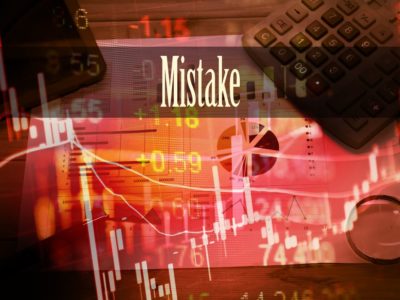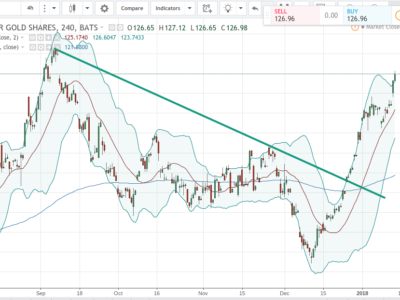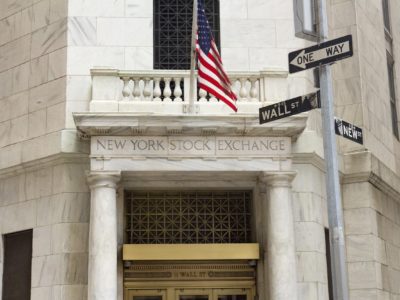Why Most Investors Fail and How You May Avoid It
“If you want to be known as a good manager, buy a good business,” says Warren Buffett.
As the world’s most successful investor, Mr. Buffett has made billions of dollars for his multinational holding company, Berkshire Hathaway. He has also been very generous with his investment advice, providing pearls of wisdom to any investor who chooses to listen. But even the world’s most successful investor is prone to failure. By Buffett’s account, his decision to buy a controlling interest in Berkshire Hathaway many years ago cost him $200 billion. Why? He let a personal beef with the company’s former CEO get in the way of investing in a more promising business. The opportunity cost, according to Buffett, was a “$200 billion mistake.”
“If you get into a lousy business, get out of it,” Buffett reminds us. In the investing world, this is tantamount to cutting your losers and pouring your energy and resources into the winners.
Mr. Buffett’s blunder reminds us that we are all prone to irrational mistakes. Unlike Mr. Buffett, however, most of us don’t have a $315 billion conglomerate to fall back on.
It would be rather easy to write a long list of investment blunders. A simple Google search reveals a list of famous athletes, investors and business moguls who have lost millions upon millions of dollars investing poorly. Others lost even more simply by choosing not to invest out of fear. This opportunity cost can be as big of a blunder as buying a bad business.
A recent study by Openfolio, a website that allows investors to share their portfolios with others, found that holding too much cash and trading too much are the biggest causes of failure.
Many investors are scared to put their money back into the market, especially after a recession. This level of risk aversion is one way to guarantee your bank account will not grow. With bank interest rates at historic lows, holding too much cash is a huge opportunity cost. According to Openfolio, it’s no surprise that millionaires typically hold a lot less in cash than those who are risk averse.
Trading too much is equally as damaging, the study found. Investors who owned over ten stocks tended to perform worse than those with only a few stocks alongside their major market funds. These traders usually spend a lot less time thinking about mutual funds, index funds and ETFs and instead spend their time chasing stocks. This goes against the common grain of diversification and is a major cause of financial ruin.
Other common mistakes investors make is not having clearly defined goals and trying to beat the market. Generally speaking, if you invest in a financial asset, you should be prepared to stay in it for a while.
Not surprisingly, investors have also lost a lot of money chasing fads. The irrational exuberance of the market, often egged on by financial media, has a tendency of inflating trendy, flash-in-the-pan assets. The dot-com bust of 2000 is a prime example of what can go wrong when you ignore fundamental analysis. Generally, investors should avoid hyped up IPOs and other flashy assets, unless they plan on buying into the bubble and selling in time. Pulling out before the bubble bursts is a form of speculation, not investing, and is outside the scope of this article.
Final Considerations
The lure of instant riches and exorbitant returns is often what drives people into the financial markets. These people usually end up losing a lot of money because they haven’t understood the fundamental difference between investing and speculating. An investor buys a market with the intention of sticking in it over the long-haul. They understand that financial assets are risky and that any successful portfolio must be diversified. Investors with more time on their hands make room for some speculation, but understand that beating the market isn’t a sound investment strategy most of the time.
The internet is filled with examples of investors who have lost it all by ignoring sound investment advice. Although there is no guarantee you will make money as an investor, there are tried and tested methods for maximizing your success while keeping the risks at bay. Fear, while an important motivator, should not deter you from investing. As Mr. Buffett’s $200 billion opportunity cost clearly demonstrates, there is much to be gained from investing in the financial markets.














